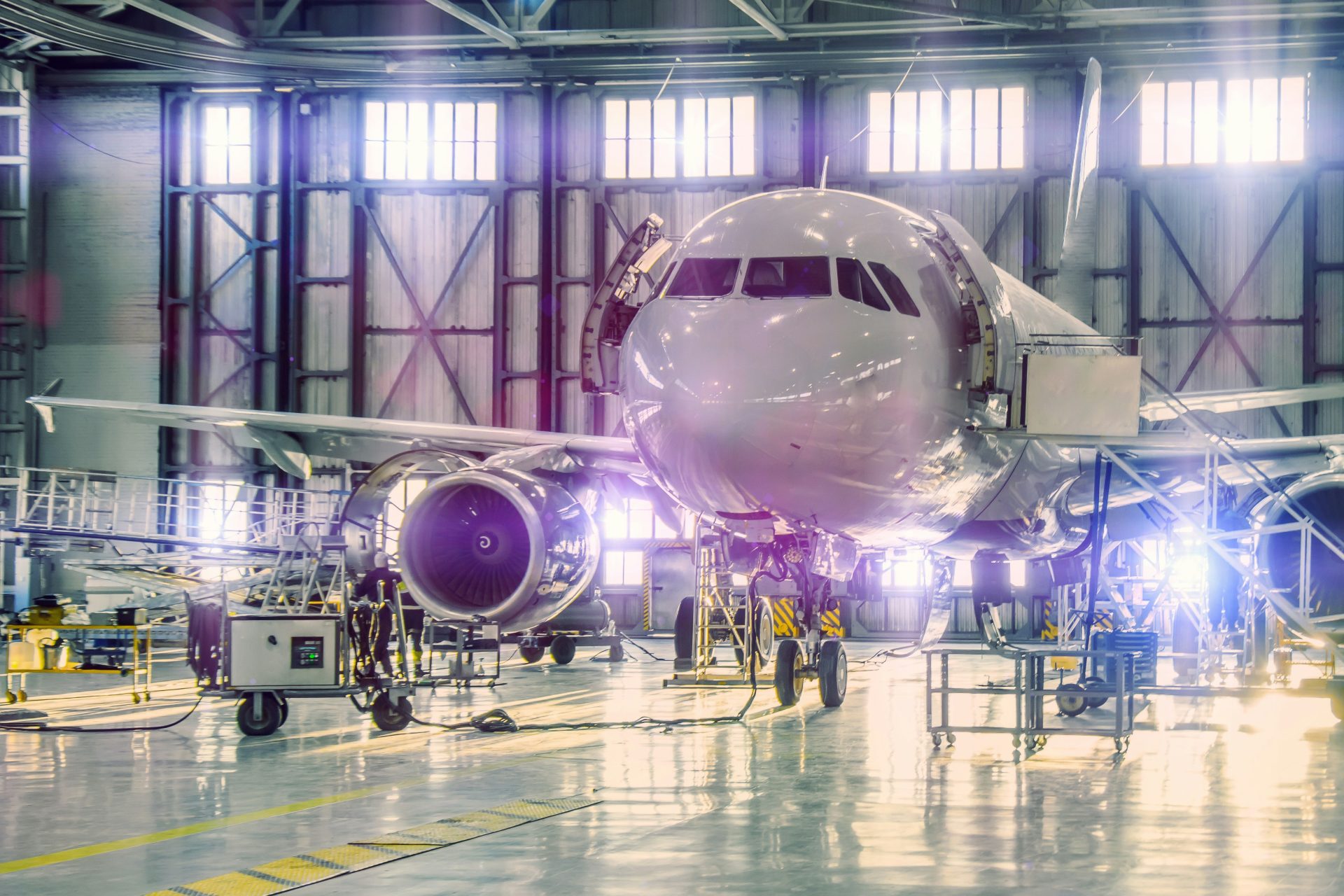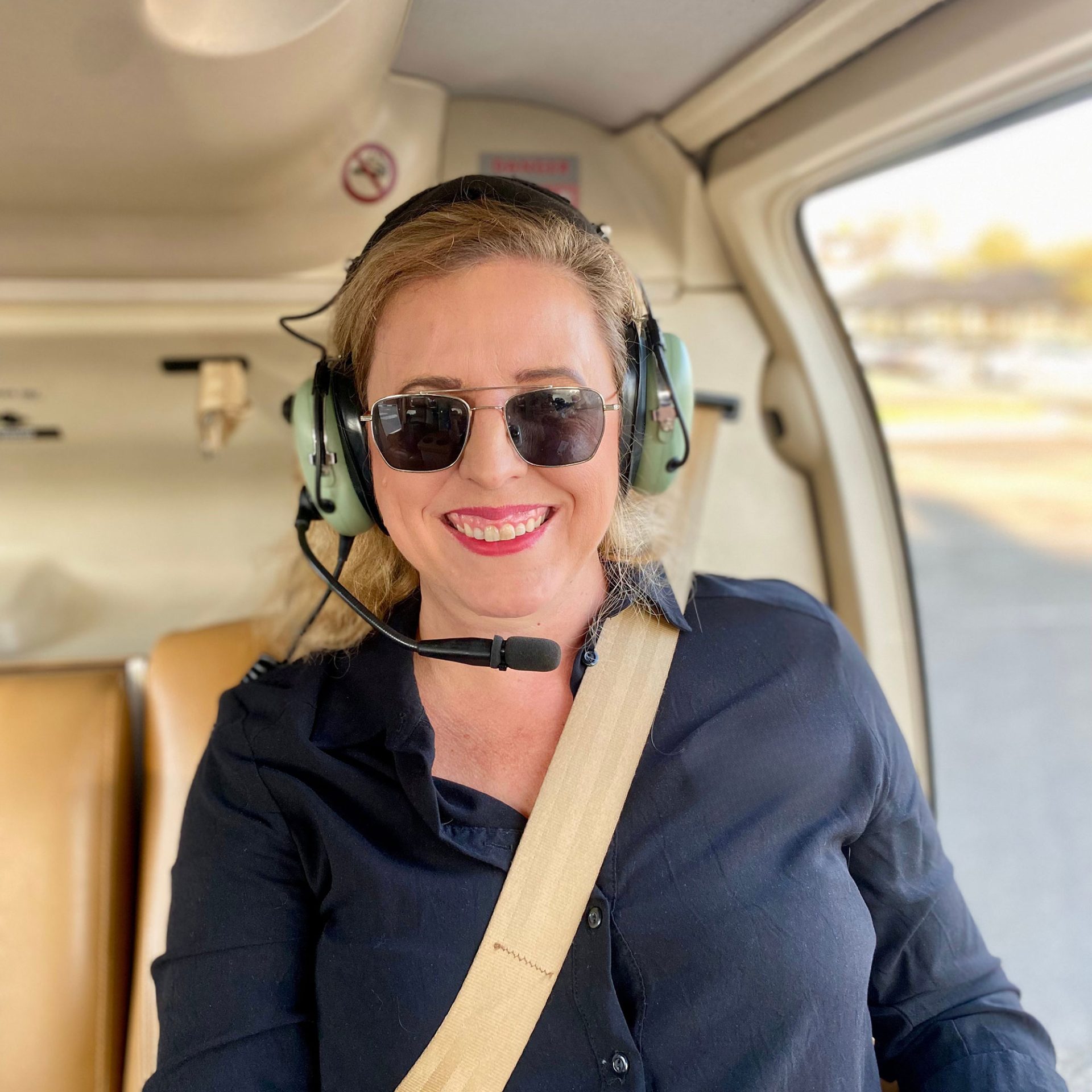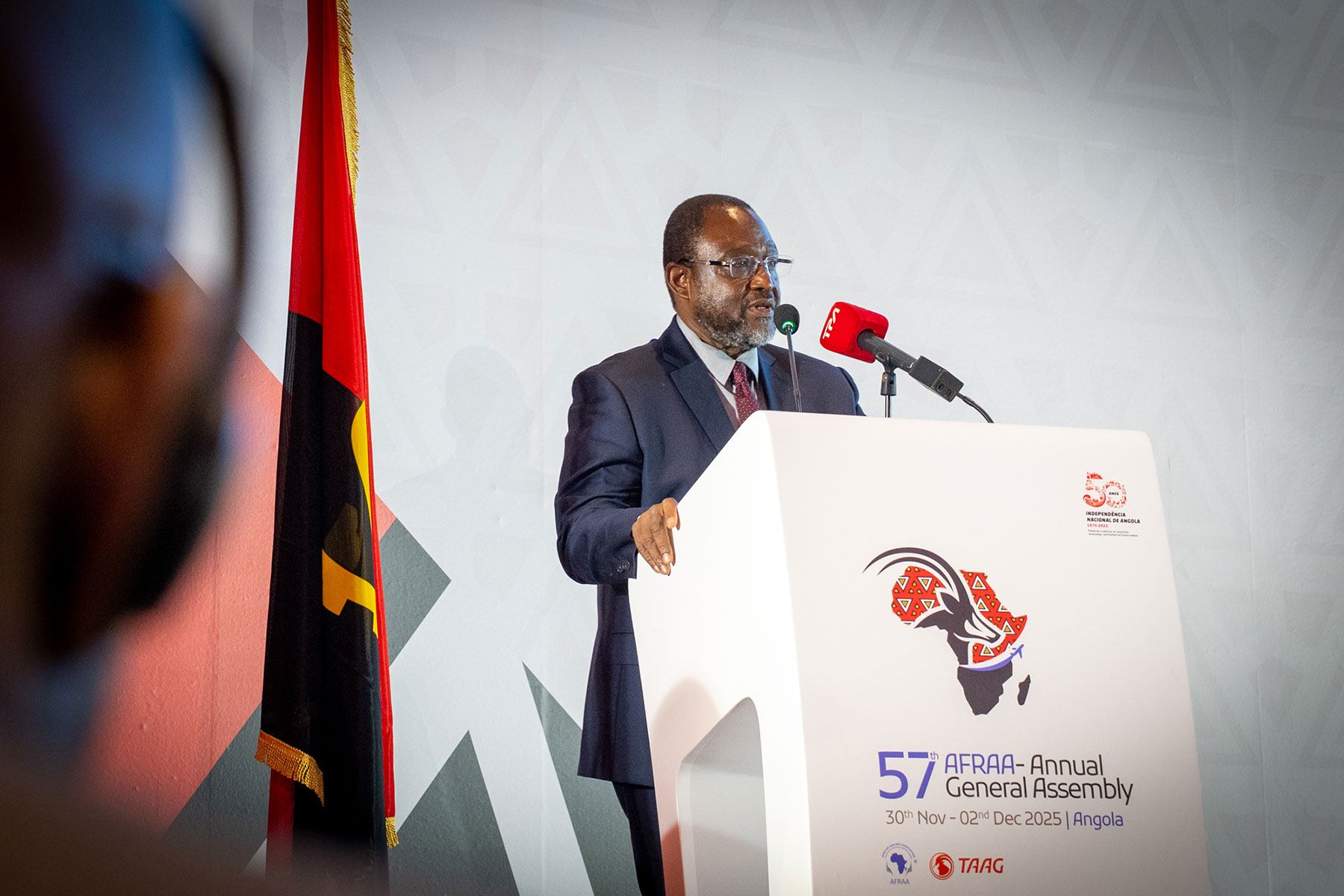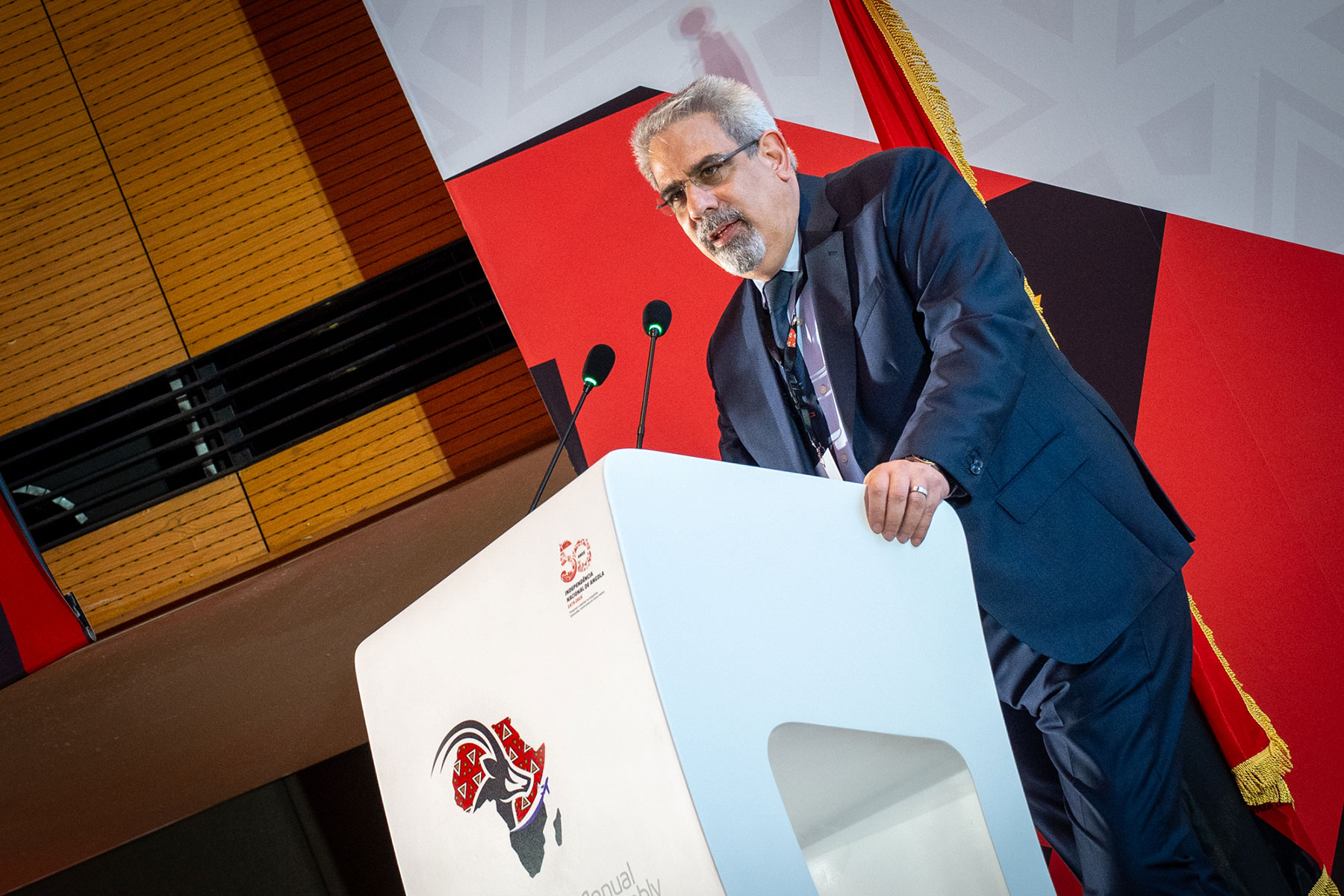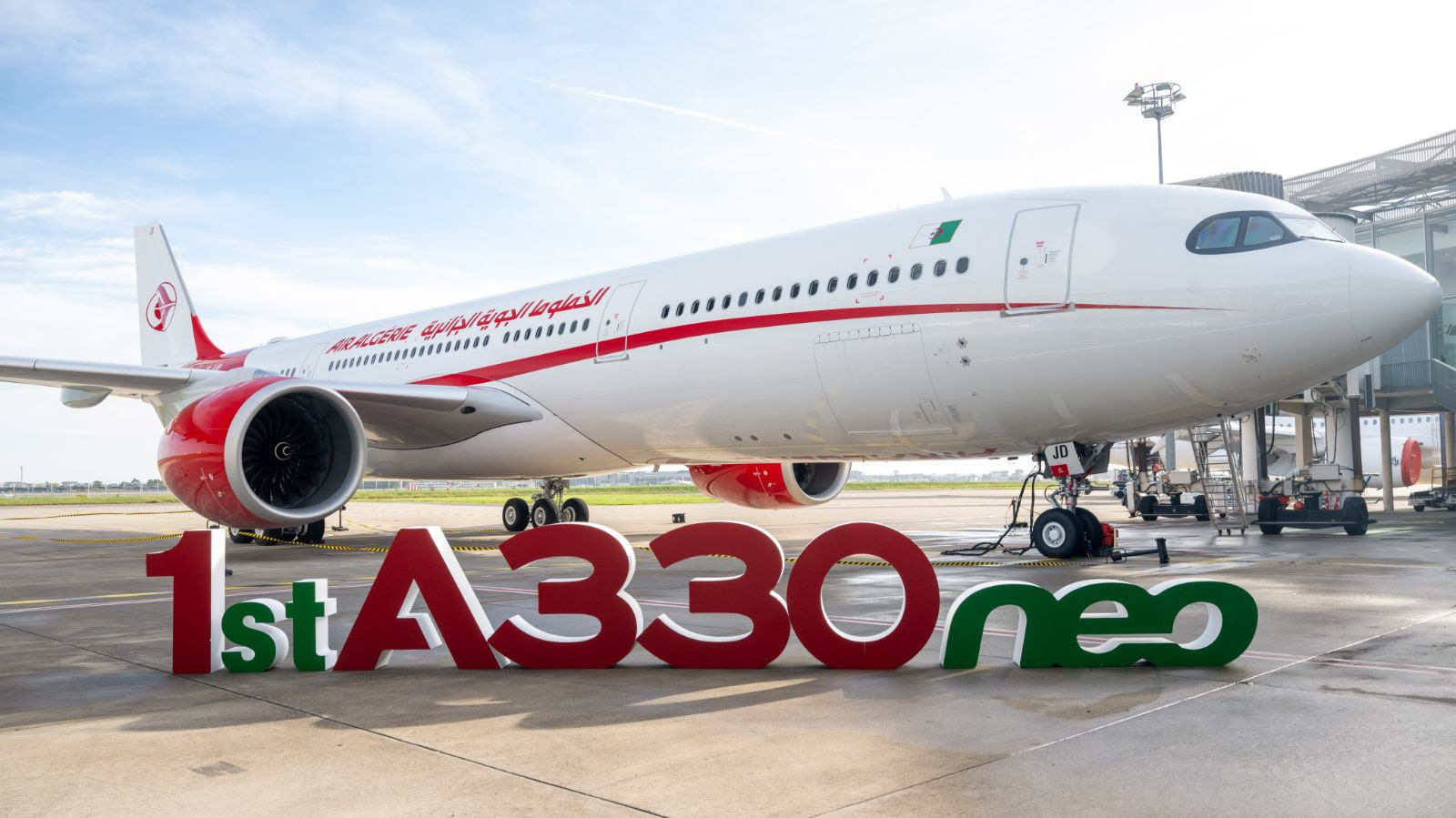Trump’s Tariffs have been dominating the global headlines for weeks, pulsating fear and uncertainty across the globe. Untouched by this is the aviation industry, a symbol of globalisation and international cooperation. This, together with most industries globally, is facing unprecedented turbulence as trade wars ignite uncertainty across its $800-billion-plus supply chain.
Triggered by aggressive tariff policies, particularly under the Trump administration, the sector now finds itself reeling in the face of rising costs, disrupted contracts, and a ripple effect that reaches far beyond the Western hemisphere — stretching all the way to Africa. So, just what is the industry expecting, and how much impact will it have on the African continent?
A Supply Chain in Disarray
At the heart of the disruption is the complex and interdependent global supply chain that fuels modern aviation. We took a look at just an example; U.S.-based Howmet Aerospace, a major supplier of engine components and fuselage fasteners who waded into the fray. Howmet recently invoked a rare “force majeure” clause — effectively excusing itself from contractual obligations due to the impact of U.S. tariffs. This move sparked industry-wide alarm and legal scrutiny, as airlines and manufacturers scramble to reassess liabilities and exposures.
“By definition, aviation is a global market for both buyers and sellers,” says aviation adviser Bertrand Grabowski. “When you introduce friction like this for such large sums of money, you have instant chaos, not only for airplanes but also for engines and multiple spares from avionics to seats.”
The introduction of a 20% tariff on European products — including Airbus aircraft — and retaliatory measures from the EU targeting Boeing, have injected volatility into an already strained post-COVID market. For planemakers like Boeing and Airbus, the additional costs are substantial. For airlines, it’s a new wave of uncertainty. And for passengers? It translates to higher fares.
Airline Stocks Dive, Uncertainty Soars
Following President Trump’s sweeping tariff announcement — which includes a 10% baseline on imports and up to 50% on some goods from over 50 countries — major U.S. airline stocks nosedived. In the US, United Airlines dropped 12%, Delta fell 9%, and American Airlines lost 8% in value. Globally, operators and airlines are bracing themselves for the ripple effects of tariff chaos.
While many airlines and operators are revising their Q1 forecasts downward, others are holding their heads high, stating that low-cost and high-demand routes will not be affected, driven by demand for cheaper travel options.
The African Perspective: Collateral Damage from Distant Battles
While the trade war appears to be a standoff between economic heavyweights, its impacts are not confined to the U.S. and Europe. Africa, increasingly reliant on aviation for economic growth, connectivity, and tourism, will start feeling the aftershocks.
African airlines, many of which depend on leasing aircraft and sourcing parts from the U.S. and Europe, are now facing higher costs and longer delivery times. With narrow margins and already limited access to capital, these carriers are more vulnerable to volatility.
Maintenance, repair, and overhaul (MRO) operations across Africa, which depend heavily on imported spare parts, are grappling with delays and cost hikes. Countries like Ethiopia, Kenya, and Nigeria — which have burgeoning aviation sectors — are particularly exposed.
“Every extra dollar spent on parts or lease contracts is a dollar not spent on route expansion, fleet upgrades, or workforce development,” says an executive from a West African carrier. “It’s a real challenge, especially as we try to recover from the pandemic.”
Strategic Realignments and a Call for Unity
With international aviation in flux, experts suggest that African airlines may need to rethink partnerships, diversify suppliers, and strengthen regional cooperation. Some are exploring alliances with Middle Eastern and Asian players to mitigate dependency on Western aircraft and parts.
There’s also a growing call for the African Union to step up its role in protecting the continent’s aviation interests. This could involve lobbying for exemptions, pursuing favourable bilateral agreements, or accelerating the implementation of the African Continental Free Trade Area (AfCFTA), which could buffer against external shocks.
A Final Descent
The tariff war has made one thing clear: in aviation, no region is an island. What starts as a policy decision in Washington or Brussels can, within weeks, ground planes in Lagos, delay deliveries in Nairobi, and raise ticket prices in Johannesburg.
As the industry navigates these turbulent skies, collaboration, diversification, and strategic resilience may be the keys to a smoother landing — especially for Africa, whose aviation ambitions are only just beginning to take flight.
